Concert n.18: Soliloqui(s) – Carlos Mena (Euskadi) & OCAZEnigma (Aragón)
MIXTUR 2023

Program
Concert n.18: Soliloqui(s) – Carlos Mena (Euskadi) & OCAZEnigma (Aragón) – Multiple program between music, poetry and video.
- La Vida es Sueño (1635), Calderón de la Barca: Monólogo de Segismundo (frag)- 2’
- Bye Bye Butterfly (1967), Pauline Oliveros (US) electr – 8’
- The Land of Heart’s Desire (2023), Núria Giménez-Comas (Catalunya) sobre textos de Paul B. Preciado y W. B. Yeats – 15’ – World premiere, commissioned by L’Auditori and the CNDM.
- Voice (2023), Iñaki Estrada (Euskadi) – 15’ – World premiere, commissioned by L’Auditori and the CNDM.
- themthelveth (2023) – Nik Bohnenberger (LU) M – 3’
- Je veux vivre dans le rêve (2023) – Matteo Maria Salvo (IT) M – 3’
- Qu’est-ce que l’acte de création? (extract from the audiovisual ) (1987), Gilles Deleuze (FR) – 2’
- Finito ogni gesto (2008), Francesco Filidei (IT) – 15’
Fernando Gómez, fl / Emilio Ferrando, cl / Amadeo Catalá, tr / Francisco José Sanz, trpt / Víctor Parra, vl / Zsolt Gábor Tottzer, vc / César Peris, perc / Carlos Mena, contratenor
Asier Puga, cond.
M: Mixtur Composition and Sound Experimentation Workshop Participant
A production by L’Auditori de Barcelona.
DOUBLE CONCERT: With the ticket for this concert, you can access the following concert: Parra & Pons: Costellations de Miró at 7:30 pm
information
El programa Soliloquy(s) is a journey through sound, or rather, sounds. But it is also a reflection on the possibilities of going beyond the logic of a conventional musical program (or can poetry, theater or the reflective process not be musical?). The program begins with the final fragment of Segismundo’s famous monologue from La Vida es Sueño by Calderón de la Barca, a soliloquy that invites us to reflect on dreaming and our “freedom” as dreamers. Immediately afterwards, the electronic sounds of Pauline Oliveros – one of the pioneers of electronic music – immerse us in another reflection on the figure of women in the 19th century, through the use and electronic treatment of a well-known aria by Puccini. At the center of the program are two absolute premieres for solo countertenor and ensemble. The Land of Heart’s Desire by the composer Núria Giménez-Comas is based on texts by the renowned philosopher and art curator Paul B. Preciado, and the Irish poet W. B. Yeats; while the work Voice by Iñaki Estrada reflects on the sonic reality of gender through the electronic treatment of recordings of castrati – usually destined to play female roles. The solo countertenor in both works will be Carlos Mena. But this sound journey that this program tries to be, also about the ability to dream different, does not just stop here, the program unfolds (or overflows again) reflecting on the creative act itself (of the work or the act itself to program?) with a fragment of the already legendary lecture by the French philosopher Gilles Deleuze on the act of creation, and which, like Calderón de la Barca, invites us to think about the nature (and dangers) of dreaming. The program is completed with a work of fascinating sound poetics by Francesco Filidei, and as its title indicates, every gesture (like dreams) has its end.
Asier Puga
Biography

